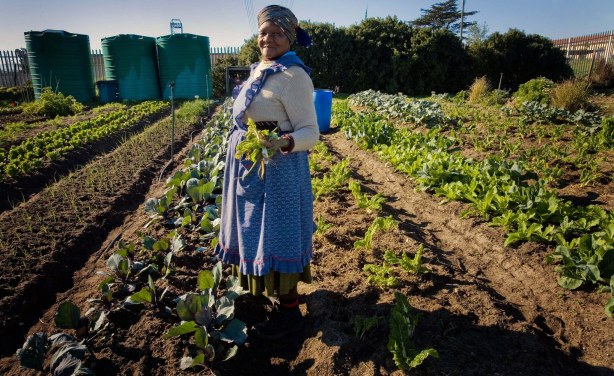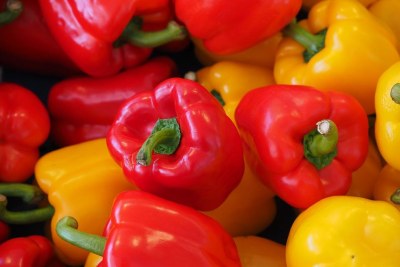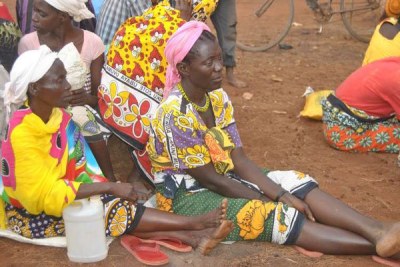-
Africa: Africa Could Feed Itself - Building Resilient Food Systems
New Agenda, 21 October 2022
Africa has the natural resources and the policies required to tackle poverty and hunger - but these policies are not effectively implemented. Noting the impact of Russia's invasion… Read more »
-
Africa: Sustainable Future - Equipping Young Researchers, Innovators to Work for Climate
Africa Renewal, 21 October 2022
Green alternatives can transform Africa's agri-food systems and generate significant benefits Read more »
Building Resilient Food Systems in Africa Key to Food Security
Africa has the natural resources and the policies required to tackle poverty and hunger - but these policies are not effectively implemented. Noting the impact of Russia's invasion of Ukraine on the continent's food systems and the innovations introduced to respond to the Covid-19 pandemic, Sifiso Ntombela provides practical measures to improve food security, also arguing that exporting food can be a source of economic strength.
In the first six months of 2022, food prices have escalated by between 8% and 44% in various countries, depending on the type of commodity and demand levels. This has caused panic amongst citizens in the region and raised concerns about the current food system in countries that are heavily dependent on imported products, particularly island economies such as the Seychelles, Mauritius and Madagascar.
Even countries like South Africa, which is capable of producing food and is far more food secure than the rest of the continent, still relies on imports for palm oil, rice and wheat. The fluctuation of input prices, particularly for fuel, restricts access to food by the general population across the region.
InFocus
-
World Food Day will be celebrated on October 16, 2022, with the theme "Leave No One Behind". In Kenya, potato farmers are learning how to produce certif Read more »
-
The Southern African Development Community (SADC) intends to develop the many natural resources in the region and encourage local transformation, to create decent jobs for the ... Read more »
-
14.5 million Kenyans are food insecure every year according to the Kenya Institute for Public Policy Research Analysis. Although Kenya has made some progress with food security, it ... Read more »

Philipina Ndamane holds up some of the vegetables she has grown in the Abalama Bezehkaya garden in Guguletu, Cape Town (file photo).




